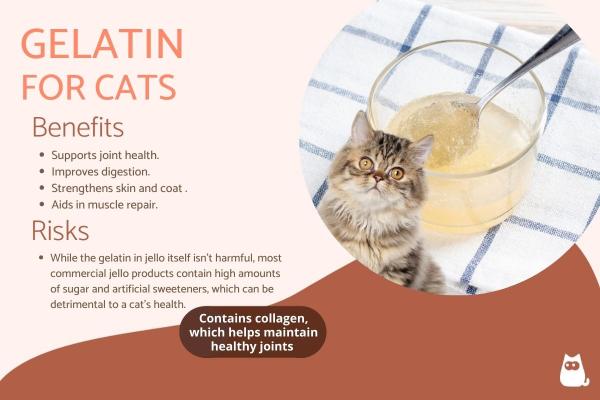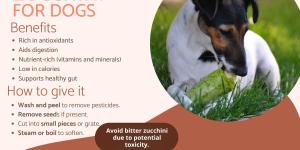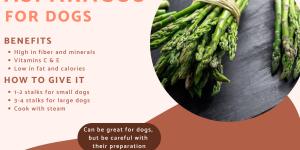Is Gelatin Good for Cats?



See files for Cats
Gelatin, a colorless and flavorless substance derived from animal collagen, is widely used in human food products, but it’s also gaining popularity as a supplement for pets, including cats. Known for its rich amino acid profile, gelatin has been linked to benefits like improved joint health, better digestion, and stronger skin and coat in cats. But is gelatin safe and beneficial for our feline friends?
In this AnimalWised article, we’ll explore the potential health benefits of gelatin for cats. We’ll also cover important dosage guidelines to ensure your cat receives the right amount without adverse effects.
Is gelatin good for cats?
Gelatin is a protein-rich substance made from animal collagen, used in both human food and pet products like cat food. It is a gel-like, semi-solid material that contains 98-99% protein, a small amount of minerals, and some water. In food, gelatin is added to boost protein content, reduce carbohydrates, or add vitamins. Its thick, jelly-like texture also helps foods hold their shape and last longer.
In cat food, gelatin is used for similar reasons. It helps protect added vitamins and nutrients in wet food from exposure to air and light.
Gelatin in cat food is safe for them to eat because it's made for their needs, but cats should not regularly eat gelatin meant for humans. Although gelatin is high in protein, it doesn't provide the essential nutrients cats need from animal meat, like taurine.
Can cats eat jello?
While the gelatin in jello itself isn't harmful, most commercial jello products contain high amounts of sugar and artificial sweeteners, which can be detrimental to a cat's health. These ingredients can lead to obesity, diabetes, and other health problems.
If you want to offer your cat a treat, it's best to stick to options that are specifically designed for cats and that are low in sugar and artificial additives.
To learn more about foods that naturally contain taurine for cats, visit this related article.
Cat gelatin benefits
For cats, gelatin can offer some specific benefits, although it should be given in moderation and in forms specifically designed for them. Here are the key benefits of gelatin for cats:
- Gelatin contains collagen, which can help maintain healthy joints and cartilage. This is particularly beneficial for older cats or those prone to joint issues, as it may support mobility and reduce stiffness.
- Gelatin can aid in digestion by attracting water to the digestive tract, which may help with the movement of food through the intestines. This could benefit cats with mild digestive issues by promoting smoother digestion.
- The collagen in gelatin can help maintain healthy skin and fur. It may improve a cat’s coat condition, making it shinier and less prone to dryness or shedding.
- Gelatin-based foods, especially in wet cat food, provide extra moisture, which helps keep cats hydrated. Cats often don’t drink enough water, so getting hydration through food is beneficial, especially for cats with kidney issues or those prone to urinary problems.
- In wet cat foods, gelatin helps protect important nutrients, like vitamins, by shielding them from exposure to air and light. This ensures that the food retains its nutritional value for longer, providing your cat with a more nutritious meal.
- Gelatin adds a pleasant, gel-like texture to wet cat food, making it more appealing and easier for some cats to eat, especially if they have dental issues.
- Gelatin is low in calories but provides some protein, which can help cats feel full without adding extra fat or carbs to their diet. This may be useful for overweight cats that need to manage their weight. While gelatin is not a complete protein source for cats, it still adds to their overall protein intake, which is essential for their carnivorous diet. It can be a small addition to their overall protein requirements, though it lacks certain amino acids cats need.
Learn more about the best foods to feed your cat and ensure they're getting all the necessary nutrients.
How to give gelatin to my cat
If you want to give gelatin to your cat, it’s important to do so in a way that’s safe and appropriate for their dietary needs.
The easiest and safest way to give gelatin to your cat is through commercial wet cat food that already includes it as an ingredient. These products are formulated specifically for cats, ensuring they receive the right balance of nutrients.
However, if you want to give your cat homemade unflavored gelatin, this is how to do it:
- Use plain, unflavored gelatin powder (the kind without any additives, sugar, or artificial flavors).
- Dissolve the gelatin in warm water or meat broth according to the package instructions.
- Let it cool slightly and then refrigerate it until it forms a jelly-like consistency.
Finally, serve a small portion of plain gelatin as an occasional treat, but remember that it should not replace their main meals. It can also be sprinkled on top of their regular food to make it more appealing, especially if your cat has trouble eating due to dental issues or simply prefers softer textures.
After introducing gelatin, specially if it is the first time, watch for any signs of digestive upset. If your cat shows any discomfort, discontinue use and consult a vet.
Interested in the debate over wet vs. dry cat food? Then check out this other article.
How much gelatin is safe per day?
The amount of gelatin you should give your cat depends on factors like their weight, health condition, and dietary needs. A general guideline is to start with a small amount and gradually increase it, monitoring for any adverse reactions.
- For small cats (under 5 kg): Start with 1/4 teaspoon of unflavored, unsweetened gelatin powder mixed into their food once daily.
- For larger cats (over 5 kg): You can start with 1/2 teaspoon, adjusting the amount based on their size and tolerance.
It's important to mix the gelatin with water or their wet food to make it easier for them to consume. As always, consult your veterinarian before introducing new supplements to your cat's diet to ensure it’s appropriate for their specific health needs.
If you want to read similar articles to Is Gelatin Good for Cats?, we recommend you visit our Homemade diets category.





